ads
Best Self-Help Books for Lawyers & Law Students (2025 Must-Reads)
- Get link
- X
- Other Apps

Best Self-Help Books for Lawyers & Students (2025 Must-Reads)
Introduction:
Law school and early legal careers are intense — long reading hours, tight deadlines, and constant pressure to perform. Self-help and productivity books can be a powerful companion: they teach habits, focus techniques, stress management, and practical frameworks to study smarter (not just harder). Below is a curated reading list tailored for law students, judicial aspirants, and young lawyers, with clear takeaways and direct links to buy on Amazon.
Top Self-Help Picks
Atomic Habits — James Clear
Why read: Atomic Habits teaches the power of small, incremental changes and how these tiny daily decisions can compound into significant achievements over time. Law students and young lawyers can benefit by building consistent study routines, focusing on small actions that improve knowledge retention, discipline, and personal growth, rather than relying on last-minute cramming or sporadic bursts of effort. Its practical exercises make habit formation simple and actionable.
Key takeaways: habit stacking, identity-based habits, environment design.

Deep Work — Cal Newport
Why read: Deep Work emphasizes the importance of focused, distraction-free work sessions. For law students, judicial aspirants, and young lawyers, it offers techniques to maximize productivity while minimizing wasted effort. By structuring study or work periods, maintaining deep concentration, and avoiding social media distractions, readers can complete complex tasks more efficiently, retain information better, and enhance professional performance. It also provides practical tips for building focus rituals.
Key takeaways: time-blocking, focus rituals, minimize distractions.
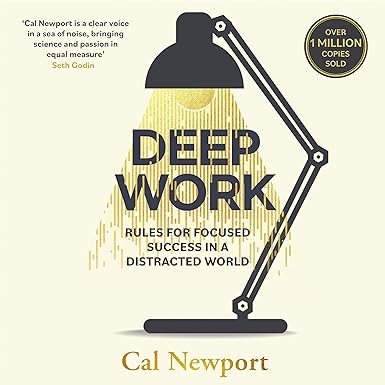
The 7 Habits of Highly Effective People — Stephen R. Covey
Why read: This classic focuses on personal leadership, effective time management, and strategic interpersonal skills. For students and young professionals in law, these habits provide practical guidance on prioritizing tasks, making proactive choices, and balancing studies with internships or work. By adopting these habits, readers can enhance their decision-making, collaboration, and professional growth while fostering a mindset geared toward long-term success and productivity.
Key takeaways: proactive mindset, prioritization, win-win negotiation.
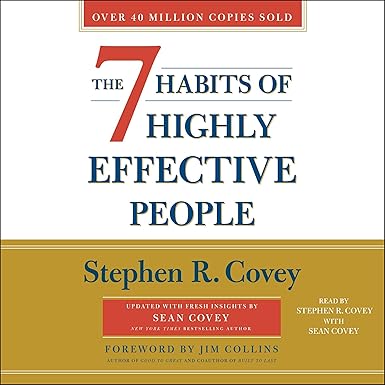
How to Win Friends & Influence People — Dale Carnegie
Why read: Dale Carnegie’s book teaches essential interpersonal skills like persuasion, effective communication, and relationship-building. Law students and young lawyers can use these techniques to interact confidently with clients, peers, and mentors. Mastering these soft skills improves networking, professional growth, and the ability to negotiate and influence outcomes effectively, which are crucial in law practice and career advancement.
Key takeaways: listening, praise over criticism, persuasion techniques.
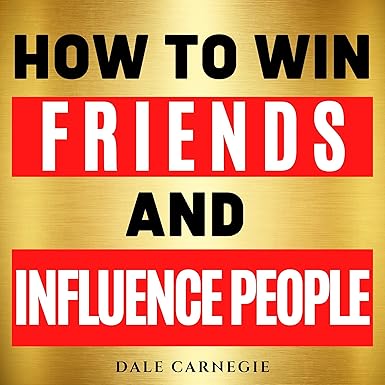
Thinking, Fast and Slow — Daniel Kahneman
Why read: This book explores cognitive biases, decision-making, and human thinking patterns. Law students and legal professionals benefit by understanding how their mind processes information, helps spot errors in reasoning, and improves judgment. The insights also assist in crafting strong arguments, analyzing cases critically, and making more informed professional and personal decisions. Kahneman’s work provides practical tools to think clearly and rationally.
Key takeaways: System 1 & 2 thinking, heuristics, reducing bias.
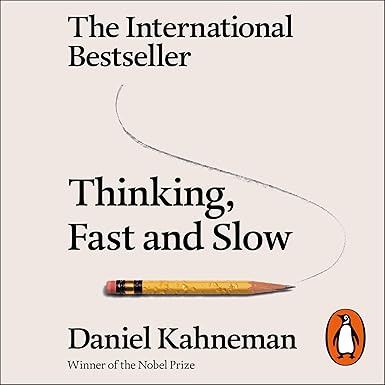
The Power of Now — Eckhart Tolle
Why read: Eckhart Tolle focuses on mindfulness and living in the present moment, helping reduce stress and anxiety. For law students or professionals under heavy workload, this book teaches how to observe thoughts without being overwhelmed, improve focus, and maintain clarity during high-pressure situations. Its techniques enhance emotional regulation and mental well-being, allowing better study habits and professional performance.
Key takeaways: presence, observing thoughts, reducing anxiety.
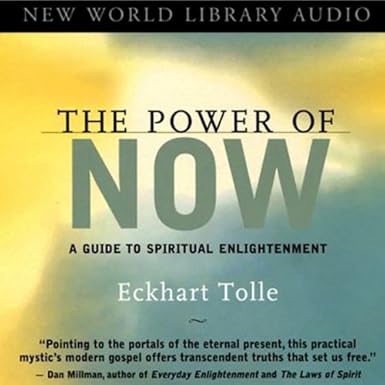
Ikigai — Hector Garcia & Francesc Miralles
Why read: Ikigai helps readers discover their purpose and align passion with profession. Law students and young professionals often face career uncertainty, and this book provides practical steps to identify strengths, passions, and values. By understanding the concept of Ikigai, readers can build motivation, maintain long-term satisfaction, and balance personal life with professional goals effectively.
Key takeaways: wellbeing practices, blending passion & profession, longevity mindset.
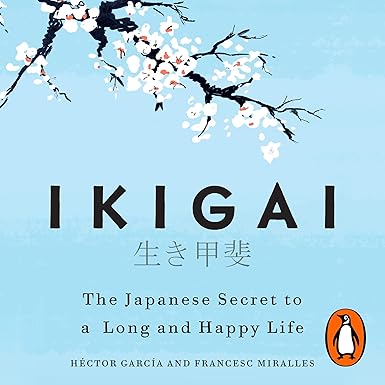
Conclusion
These books provide actionable strategies, improve focus, and teach personal growth techniques that complement law studies and professional life. Integrating them into your daily routine can improve productivity, mental clarity, and interpersonal skills — all critical for success in law school, judicial preparation, or legal practice. They also encourage self-reflection, habit-building, and structured learning for long-term success in any legal career.
Explore more resources on CounselCash for legal career tips, case law updates, and productivity advice for law students and professionals.
- Get link
- X
- Other Apps


Comments
Post a Comment
Your feedback is valuable! Please keep comments respectful and on-topic.